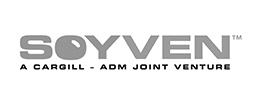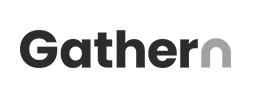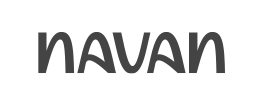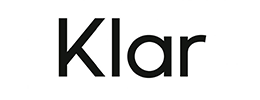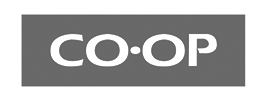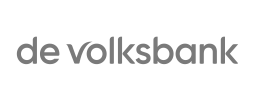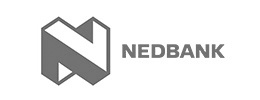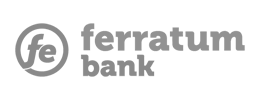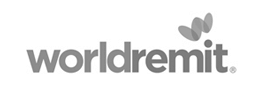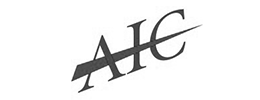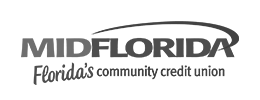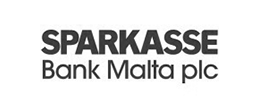End-to-End Automation
Financial reconciliation and routine financial close can be a demanding exercise. Conducting these activities automatically in an efficient and accurate manner makes a substantial difference. The ReconArt software solution provides robust tools to achieve automatic reconciliation and automation-driven financial close.
What can be automated?
The ReconArt software solution comes with an enterprise-class and easy-to-use Scheduler. Our Scheduler allows for automation of critical activities in the reconciliation lifecycle. This includes data import, transaction matching, exception categorization, workflow steps, role-based notifications, data exports as well as report generation and delivery, all without user intervention.
Our automation capabilities empower teams to fully eliminate repetitive, time-intensive and error-prone manual tasks related to data on-boarding and manipulation, as well as the tasks related to matching, grouping, or labeling of transactions.
In addition to routine and daily tasks, ReconArt’s automation capabilities benefit period-based closing and reporting. Now, your balance sheet reconciliation can also be automated by feeding in the trial balances and their supporting transactions as well as and distributing them to the appropriate preparers and certifiers.
More than Efficiency
While the obvious benefit of automation is reducing time spent on repetitive tasks, time-based efficiency is only part of the story. By streamlining and automating data flow and many of the reconciliation steps themselves, you also reduce the risk of human error, exercising enhanced control over the process by reducing direct user touch-points. Whether you are subject to audits or aspire to have better visibility across the reconciliation functions, controlled and auditable automation allows you to achieve higher degrees of confidence and integrity in your process. In short, our reconciliation automation tools not only make your process faster, it makes it better.
Shift your Focus
Leveraging our automation capabilities, teams can now focus on reconciliation results rather the process itself. This allows teams to shift focus and add value in more intensive areas that require their professional and business-related expertise, typically in the form of analyzing exceptions and the implications of aging items to the business. Customers often share that the ability to spend more time on analysis has contributed to their resolution of data issues, avoiding previously repetitive problems. This helps safeguard accurate accounting and reporting and even prevent situations that could impact revenue streams, business reputation, or potential breaches in regulatory compliance.
Case Study

Banco Unico (now Nedbank Mozambique)
| Industry: | Banking |
| Focus: | Complex Transaction Matching, Journal Entries |
Banco Unico (now Nedbank Mozambique), the fifth largest bank in Mozambique, has earned a reputation of an innovative, dynamic and client oriented financial institution
read more
